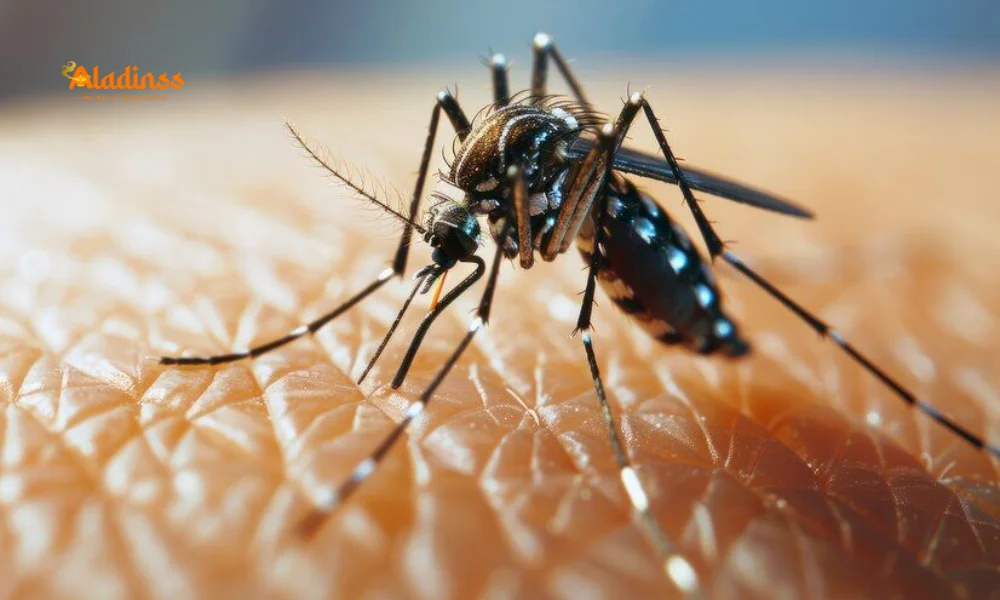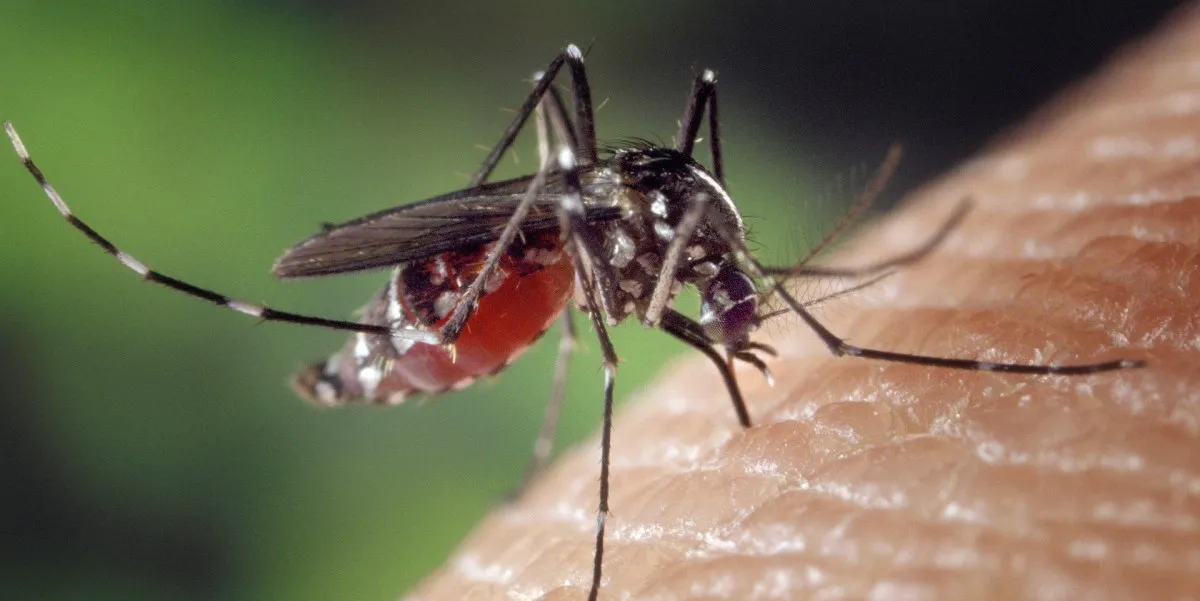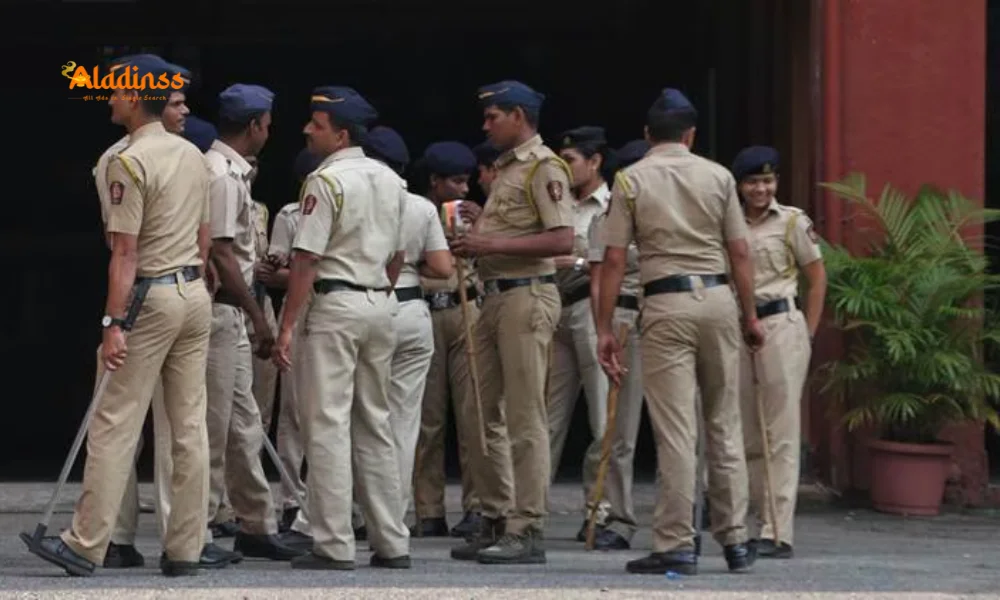Dengue Surge in Tamil Nadu: Causes & Protection

Dengue Cases Surge in Tamil Nadu: Red Alert in Three Districts Amid Monsoon Rains
Tamil Nadu is grappling with a sharp rise in dengue fever cases, with over 15,796 infections and eight fatalities reported in 2025 so far, driven by erratic monsoon rains and stagnant water breeding Aedes mosquitoes. Health authorities have issued a red alert for Chennai, Coimbatore, and Tiruvallur districts, where cases have spiked dramatically-1,171 in Tiruvallur, 1,278 in Coimbatore, and thousands in Chennai. This increase in dengue in Tamil Nadu stems from climate change exacerbating mosquito proliferation in urban areas, prompting intensified surveillance and public awareness campaigns. Early detection of dengue symptoms like high fever and joint pain is crucial, while prevention hinges on eliminating breeding sites and using repellents to curb the Aedes aegypti mosquito's spread.

Root Causes Behind the Dengue Surge in Tamil Nadu
The current dengue outbreak in Tamil Nadu is largely attributed to the northeast monsoon's erratic patterns, which have led to sporadic heavy showers creating ideal conditions for mosquito breeding. Stagnant water in discarded containers, coconut shells, and construction sites has fueled the proliferation of Aedes mosquitoes, the primary vectors for dengue virus transmission. Health Minister Ma. Subramanian highlighted that this year's cases nearly double last year's figures, with South India accounting for 61.8% of national dengue infections due to urbanization, poor waste management, and temperatures above 27°C that accelerate larval development.
- Monsoon Influence: Recent rains have filled low-lying areas, promoting Aedes breeding.
- Urban Factors: Rapid city growth in Chennai and Coimbatore leads to unmanaged water accumulation.
- Climate Change: Warmer, humid conditions extend the mosquito season beyond traditional peaks.
- Population Density: High-risk zones like Tiruvallur see quicker virus spread in crowded neighborhoods.
Experts note that while dengue is not new to the region, the 79% year-on-year increase reflects a convergence of environmental and human factors. Inter-departmental meetings have been convened to bolster epidemic prevention, including fogging operations and door-to-door surveys in hotspot areas.
Recognizing Dengue Symptoms: From Mild to Severe Warning Signs
Dengue fever typically manifests 4-10 days after a mosquito bite, starting with flu-like symptoms that can escalate if untreated. The most common dengue symptoms include a sudden high fever reaching 104°F, severe headache, pain behind the eyes, and intense muscle and joint aches-earning it the nickname "breakbone fever." A rash may appear, along with nausea, vomiting, and mild bleeding like nosebleeds or gum issues, as noted by the World Health Organization.
- Early Phase: Fever, chills, fatigue, and swollen glands lasting 2-7 days.
- Critical Signs: Abdominal pain, persistent vomiting, rapid breathing, and bleeding under the skin.
- Severe Indicators: Plasma leakage, low platelets, and shock requiring hospitalization.
In Tamil Nadu's context, doctors report atypical presentations like early thrombocytopenia, urging prompt testing if fever exceeds three days. Children and the elderly are particularly vulnerable, with severe dengue potentially leading to organ damage if warning signs emerge post-fever subsidence.
Effective Prevention Strategies to Combat Dengue in High-Risk Areas
Preventing dengue fever in Tamil Nadu requires a multi-pronged approach focused on mosquito control and personal protection. The Directorate of Public Health emphasizes eliminating breeding sites by draining stagnant water weekly and covering water storage containers. Community efforts, such as reporting clusters of fever cases, have proven vital in curbing outbreaks in districts like Krishnagiri, where mobile medical units conduct daily checks.
For individuals, using DEET-based repellents, wearing long sleeves during peak mosquito hours (dawn and dusk), and installing screens on windows are key. The state has planned 10,000 medical camps ahead of the monsoon to screen for early dengue symptoms and distribute nets. Hydration remains critical for those infected-plenty of fluids like oral rehydration solutions help prevent dehydration, while avoiding NSAIDs like ibuprofen reduces bleeding risks.
- Home Measures: Clean gutters, discard tires, and use larvicides in unavoidable water bodies.
- Personal Defense: Apply repellents and sleep under treated nets.
- Community Action: Alert local health teams for fogging in affected neighborhoods.
- Medical Vigilance: Seek paracetamol for pain, not aspirin, and monitor platelet counts.
Government Response and Long-Term Outlook for Dengue Control
Tamil Nadu's health department is ramping up responses with transparent reporting from both public and private hospitals, a shift from previous years. In red alert districts, fever surveillance camps operate daily, testing thousands to catch cases early. The government's inter-departmental coordination focuses on waste management and public education, aiming to lower fatality rates below 0.5% through supportive care.
Long-term, experts advocate for sustainable urban planning to mitigate climate-driven surges, including climate-resilient infrastructure and vaccination trials for high-risk groups. While no specific antiviral exists, adherence to WHO guidelines has kept most cases mild. As cases peak in October, residents are urged to stay proactive-prevention not only protects individuals but fortifies community resilience against this seasonal threat.
The surge underscores dengue's evolving challenge in tropical regions, but with vigilant monitoring and collective action, Tamil Nadu can navigate this monsoon season effectively. Health officials remain optimistic, citing declining trends in past interventions and the state's robust public health network.
Impact on Vulnerable Populations and Recovery Tips
Vulnerable groups like children under 15 and seniors over 60 face heightened risks from dengue in Tamil Nadu, where atypical symptoms such as gastrointestinal distress have emerged this year. Recovery involves rest, fluid intake-aiming for 2-3 liters daily-and nutritional support to rebuild strength. Follow-up blood tests ensure platelet recovery, and avoiding strenuous activity for weeks post-infection prevents relapses.
Schools in affected areas have adopted hybrid modes during peaks, while workplaces promote sick leave to isolate cases. This holistic strategy not only addresses immediate dengue fever symptoms but builds lasting immunity awareness, as prior infections offer serotype-specific protection.
Comment / Reply From
No comments yet. Be the first to comment!











